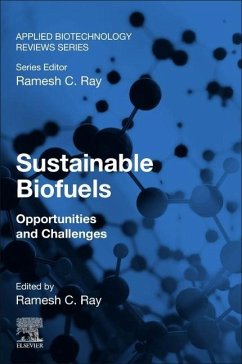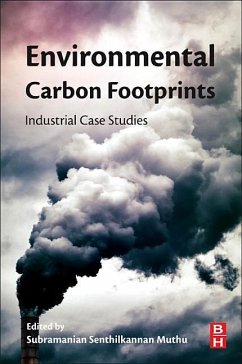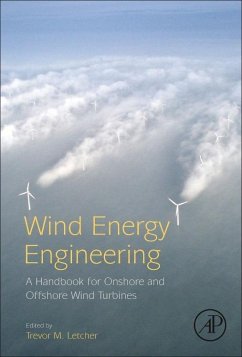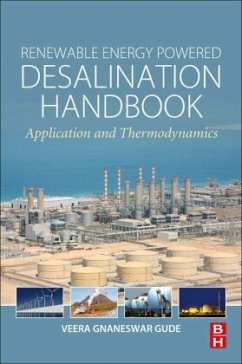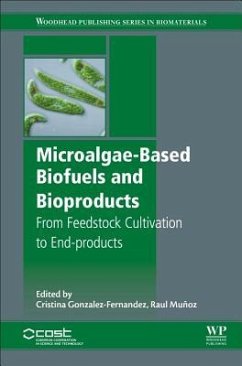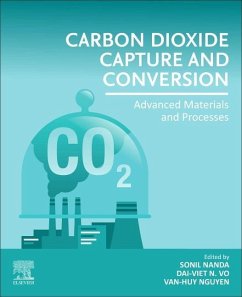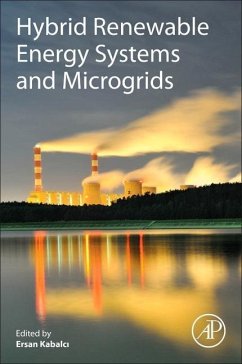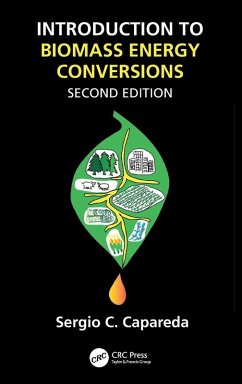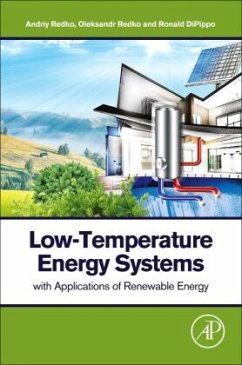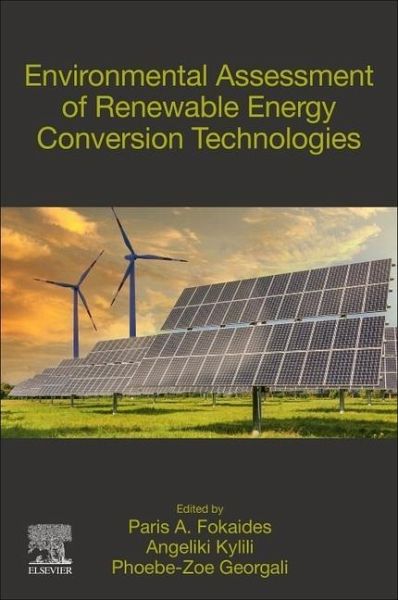
Environmental Assessment of Renewable Energy Conversion Technologies

PAYBACK Punkte
57 °P sammeln!
Environmental Assessment of Renewable Energy Conversion Technologies provides state-of-the-art coverage in both non-fossil energy conversion and storage techniques, as well as in their environmental assessment. This includes goal and scope, analysis boundaries, inventory and the impact assessment employed for the evaluation of these applications, as well as the environmental footprint of the technologies. The book compiles information currently available only in different sources concerning the environmental assessment of sustainable energy technologies, allowing for the comparative assessment...
Environmental Assessment of Renewable Energy Conversion Technologies provides state-of-the-art coverage in both non-fossil energy conversion and storage techniques, as well as in their environmental assessment. This includes goal and scope, analysis boundaries, inventory and the impact assessment employed for the evaluation of these applications, as well as the environmental footprint of the technologies. The book compiles information currently available only in different sources concerning the environmental assessment of sustainable energy technologies, allowing for the comparative assessments of different technologies given specific boundary conditions, such as renewable potential and other specific features of discussed technologies.
It offers readers a comprehensive overview of the entire energy supply chain, namely from production to storage, by allowing the consideration of different production and storage combinations, based on their environmental assessment.
It offers readers a comprehensive overview of the entire energy supply chain, namely from production to storage, by allowing the consideration of different production and storage combinations, based on their environmental assessment.





